Truck Stop
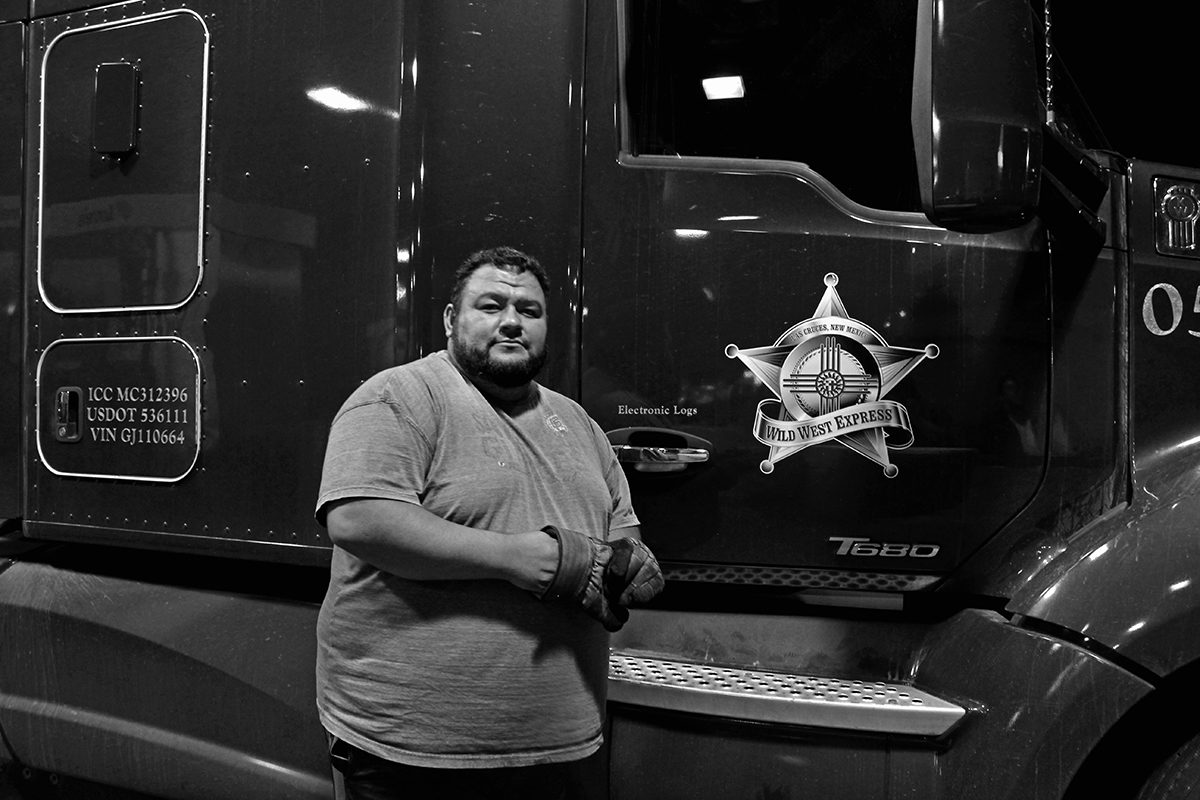
Joseph Espinoza talking about life on the road
Many pay no attention to the pit stop along the road that many truck drivers call a sanctuary. Just like airports, truck stops see many walks of life. From families driving to destinations for a small getaway or the truckers who trek thousands of miles for their job. Joseph Espinoza is a Las Cruces native and has been a truck driver for 12 years now. He’s worked for many truck companies and seems to have finally found the company that allows him to be close to home. He works for the Wild West Express truck company which is makes him a local truck driver. The farthest place he drives to now is, Phoenix.
The pay ranges from $1,000 to $1,300 a week. The company also pays for his hotel stays when he’s on the road.
“Not all companies are like this,” Espinoza said. “It’s nice knowing that I’m gone from my family for only 4 days of the week and still relatively close to Las Cruces.”
CJ Esparza has been working for the truck stop for almost eight years. He strictly does maintenance/porter jobs.
“It’s the only job that keeps moving on my feet,” Esparza said.
Esparza explains that he has two jobs in order to support himself. He sometimes even showers at the truck stops coming from one job to the other. He began working at the truck stop when he was 17.
Ciarra Smith began working at the truck stop when she first moved to Las Cruces to begin her college career ay New Mexico State University. She explains her struggle about working late nights and making her classes in the morning.
“You sometimes get weird people who come in, but you just need to brush it off,” Smith said. “These truckers are on the road for hours, so it’s understandable to be cranky.”






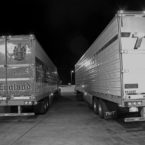


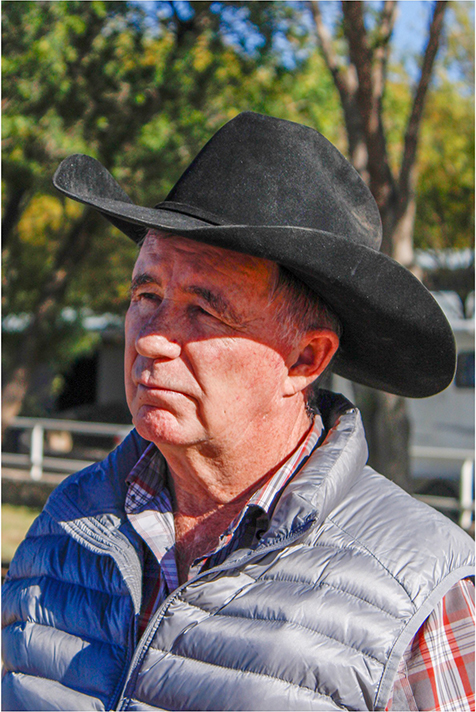
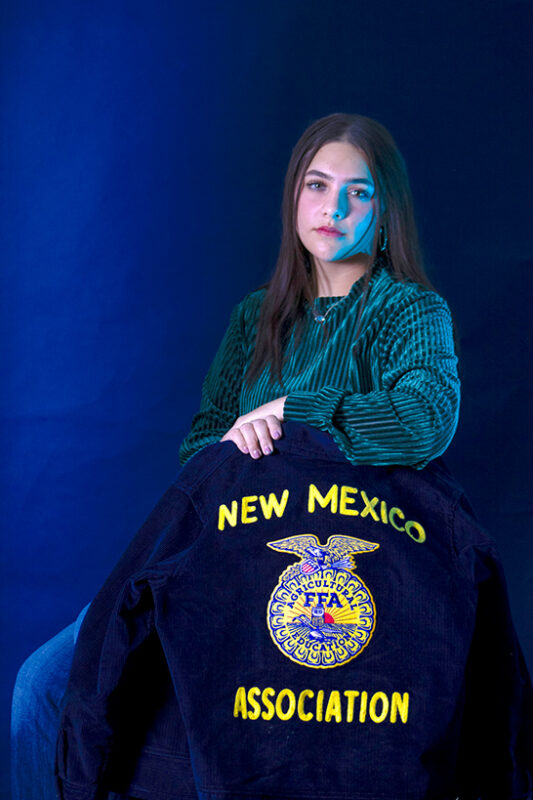

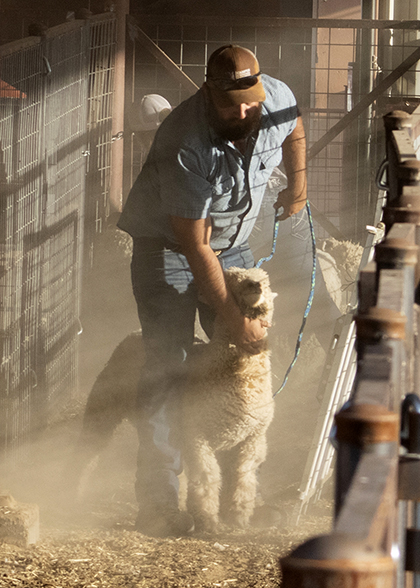
You need to fix your LEVELS. As they are they are underexposed.
You have the start of something here: Truckers or, more importantly, Trucking.
Remember this is a National Geographic -style story, so you need more than a “shoot.” By definition, NG is comprehensive. Where’s the trucks on the highway. Drivers in their rigs.
Also, in the manner of NG, we needed more DATA about trucking. Again, photos alone aren’t going to tell us about this world. Trucking is a PRIMARY industry in the USA. Nothing gets anywhere without trucking, so we needed info about how much shipping, etc.
Lastly -and this is huge- National Geographic is 99% in color. If you’re famous for being a B/W photographer or the photos are historic and originally in B/W, they will sometimes do it. As I said, it’s rare.